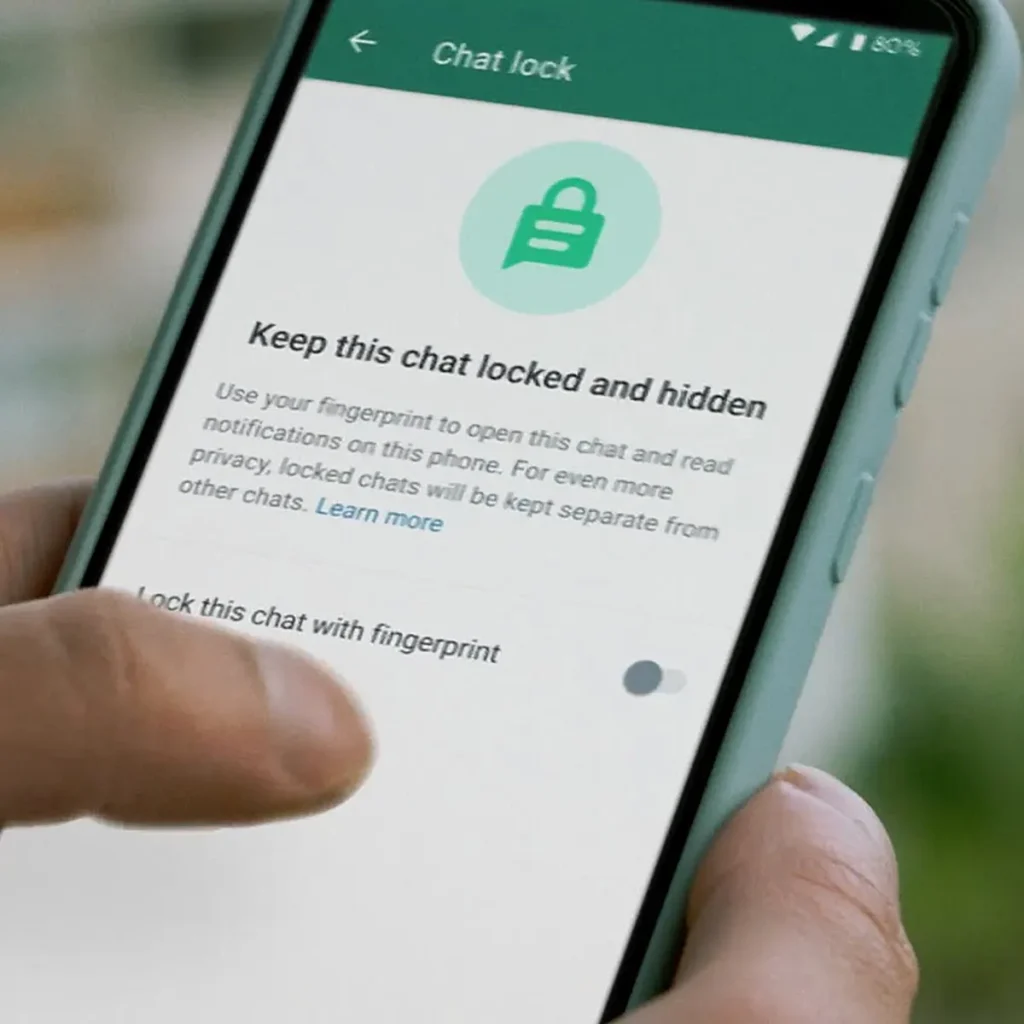Cheating has become increasingly common among individuals who identify as being in committed relationships, including marriages. The rise of social media has significantly contributed to this trend, with dating apps and websites making it easier than ever for spouses to engage in infidelity. These digital platforms have not only weakened physical connections between partners but have also fueled unfaithfulness and betrayal in more subtle ways.
Many people now engage in “micro-infidelities”—secretly staying in contact with ex-partners, consuming explicit content online, or sexting someone other than their committed partner.
A survey conducted by Gleden found that 55% of couples fail to directly address infidelity in their relationships, often leaving unresolved issues that erode trust over time.

Another major concern is emotional infidelity, which has become alarmingly widespread. Unlike physical cheating, emotional infidelity occurs when a person forms a deep emotional connection with someone who isn’t their partner, whether or not there is physical intimacy involved. In many cases, individuals confide in and trust someone outside their relationship more than their significant other, leading to feelings of neglect and insecurity. While some may dismiss this behavior as harmless, others strongly believe that sharing emotional closeness and secrets with a third party constitutes betrayal.
As relationships evolve in the digital age, understanding boundaries and fostering open communication are more crucial than ever to maintaining trust and commitment
Moreover, popular chat apps such as WhatsApp, Facebook, Snapchat, Instagram, and X (formerly Twitter) have evolved with features that unintentionally contribute to the challenges of trust in relationships and marriages.
With a specific focus on WhatsApp, this article breaks down how spouses engage and hide several untoward acts on the app.
WhatsApp Chat Lock

WhatsApp introduced the Chat Lock feature on May 15, 2023. This feature allows users to secure individual chats with a password or biometric authentication, keeping them hidden from the main chat list and ensuring added privacy.
To enable WhatsApp Chat Lock, follow the steps below:
1. Open WhatsApp and go to the chat you want to lock.
2. Tap the contact or group name at the top.
3. Scroll down and select Chat Lock.
4. Enable the option and authenticate using your fingerprint or password.
To access locked chats, swipe down on the chat list and enter your authentication method.
This feature may seem secure, but a keen and observant partner could accidentally swipe down the chat list, uncover hidden conversations, and raise suspicions.
To fully conceal Chat Locked, ensuring only the user has access, follow these steps:
- Open the locked chat section.
- Tap the three dots in the top right corner.
- Select Chat Lock Settings.
- Toggle on Hide Locked Chat.
- Create a four-digit PIN to secure your locked chat.
To access your locked chat:
- Click on the search bar.
- Enter your four-digit PIN to unlock the chat.
Archiving Chats
This WhatsApp feature allows users to move some conversations to an entirely different folder called the “Archived”. This helps users keep sensitive conversations out of sight from partners or close relatives.
However, this feature doesn’t require a password or fingerprint before access can be granted.
Disappearing Messages
The WhatsApp Disappearing Messages feature allows users to automatically delete some or all conversations after a set period.
When enabled, messages sent in the chat will automatically be deleted from both the sender’s and receiver’s devices after the specified duration. However, if the receiver turns off the feature on their end, their copies of the messages will remain intact, while the sender’s messages will still be removed from their chat history.
Changing Contact Names
Some individuals who engage in infidelity may change contact names in their phones to disguise their interactions. This tactic allows them to communicate with someone secretly while making it appear as though they are messaging a friend, coworker, or even a service provider.
While technology continues to evolve, providing users with enhanced privacy features, these same tools can sometimes be misused to conceal deceptive behavior in relationships.
Features like Chat Lock, Archiving Chats, Disappearing Messages, and Changing Contact Names may offer convenience and security, but they can also be leveraged to hide secrets from a partner.




